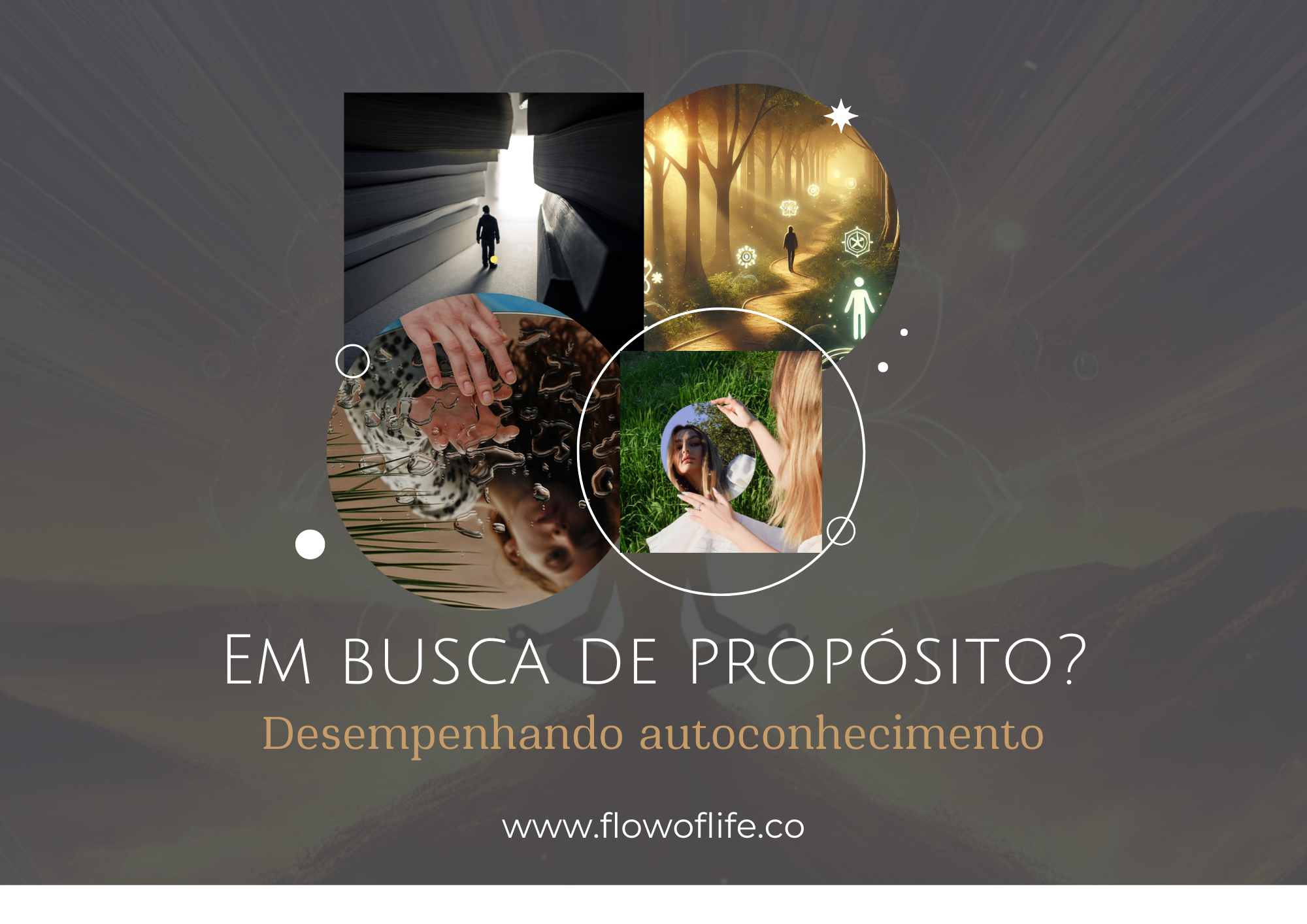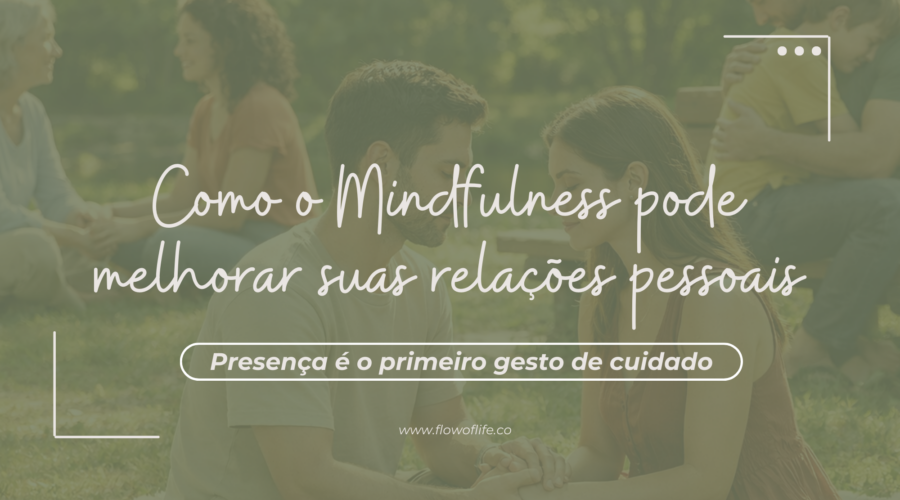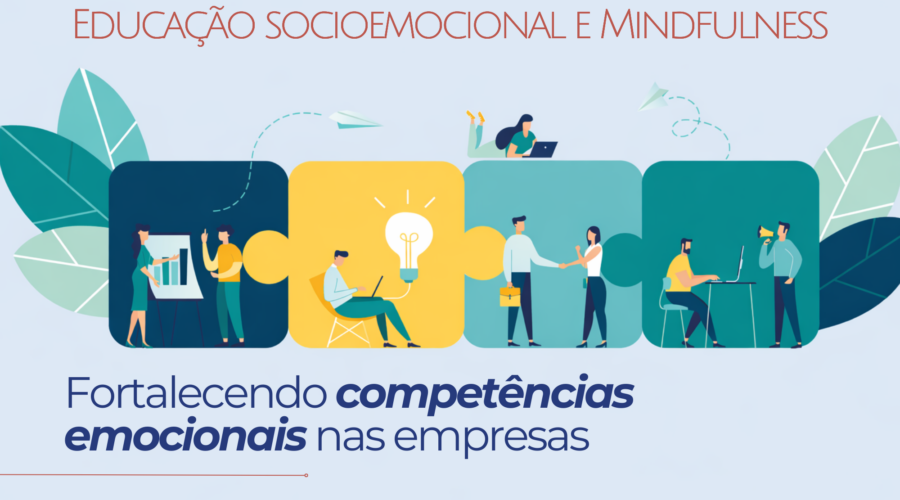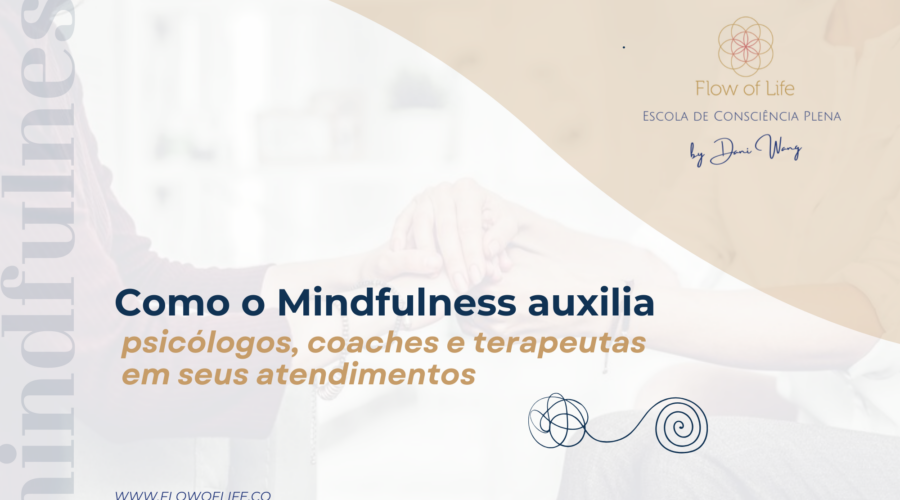In an era marked by questioning and incessant searches for meaning, the theme of self-knowledge is becoming increasingly relevant. "Develop self-knowledge and live your purpose" could be the motto of a movement that recognizes that true personal fulfillment comes not only from external achievements, but from finding who we really are. This process of self-discovery requires courage and dedication, and brings with it a unique freedom, which many authors and researchers consider to be one of the central elements for a meaningful life and well-being.
Self-knowledge is not just a reflective practice; it also plays an essential role in emotional regulation and personal development. According to psychologist and researcher Brené Brown (2010), "vulnerability" is one of the central elements of self-knowledge. Brown suggests that by allowing ourselves to be vulnerable, we face the anxiety and uncertainty of exposing ourselves honestly. This process is uncomfortable, but by becoming aware of our strengths and weaknesses, we develop an inner security that facilitates our making great decisions and helps us to identify more clearly what brings us meaning.
Science confirms the benefits of this quest for self-understanding and self-awareness. A study carried out by Ryan and Deci (2000), creators of the Self-Determination Theory, proposes that self-knowledge is directly related to the satisfaction of three basic psychological needs: autonomy, competence and connection. These needs, when satisfied, promote a sense of purpose that goes beyond material success or external recognition. Ryan and Deci explain that people who know themselves, and who develop a purpose in line with their inner values, have higher levels of well-being and a more lasting sense of fulfillment.
The process of achieving self-knowledge requires the practice of introspection, reflection and the ability we develop in Mindfulness to observe and understand thoughts and emotions without judgment and with self-compassion. Daniel Goleman (1995), in his studies on emotional intelligence, points out that self-awareness is the first step towards emotionally intelligent behavior. This means that by recognizing our feelings and patterns, we can understand their impact on our actions and decisions. This understanding allows us to choose life paths that are more coherent with what we really want, helping us to create a purpose that, rather than being imposed by the outside world, emerges from an authentic understanding of ourselves.
Another relevant aspect of self-knowledge in the search for purpose is that it favors a growth mindset, as described by Carol Dweck (2006). The author argues that people who cultivate self-knowledge not only accept their mistakes and limitations, but are also willing to learn from them, which strengthens their resilience and ability to overcome challenges. By developing a growth mindset, they feel more prepared to seek and redefine their purpose throughout life, rather than limiting themselves to a single fixed vision of fulfillment. This flexibility allows the purpose to evolve, keeping in tune with the changes and new perspectives that self-knowledge brings.
It's worth pointing out that self-knowledge can be a deep, complex and often painful process, as it involves confronting parts of ourselves that we prefer to avoid. However, by facing this with kindness and acceptance, we are investing in a process of self-compassion that has the potential to transform our experience of life. Neff and Germer (2013), in studies on self-compassion, show that people who practice self-knowledge with a compassionate eye tend to be less self-critical and more likely to build healthy and authentic relationships, both with themselves and with others.
In short, the search for purpose is intrinsically linked to self-knowledge, and this process does not occur in a linear fashion or without challenges. However, by cultivating an open and courageous attitude towards who we are, we are creating the basis for a meaningful and fulfilling life. Each seeker must honor their history, respect their timing and move forward as is appropriate with the movement of life. As we go deeper into the practice of knowing and accepting ourselves, we become capable of performing self-knowledge in a way that transcends the mere understanding of our self-centered preferences and becomes a compass that guides us towards what really matters.
One of the deepest ways to immerse yourself is through meditation and silence. Learn more about our day of retreats and formation.




